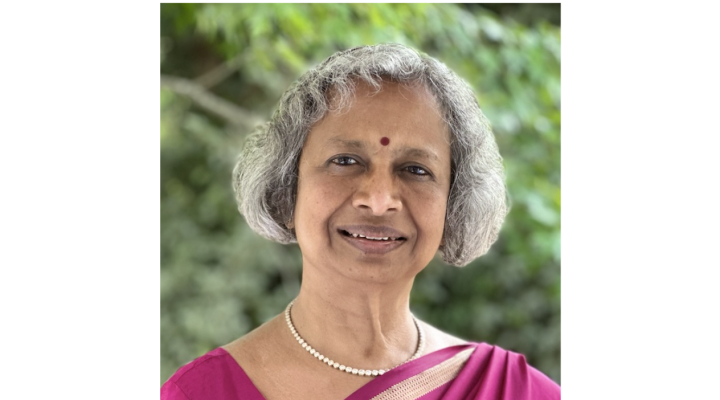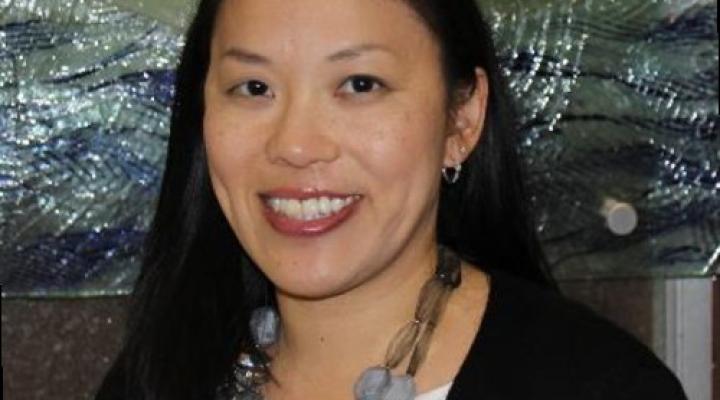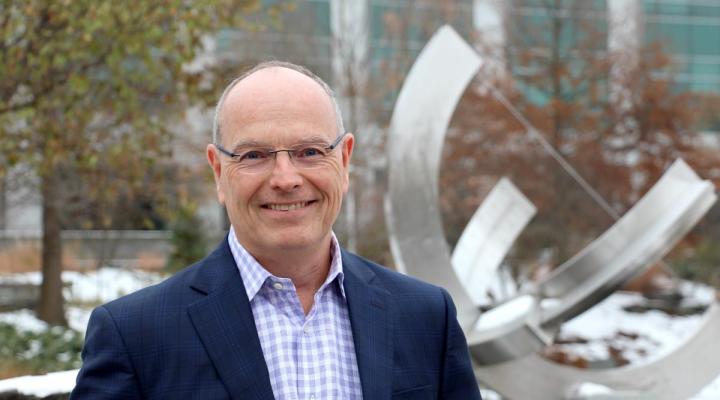When Caroline He ’23 started at Cornell Engineering, she listed her area of academic interest as biomedical engineering. This is not surprising, as several of her grandparents and her father are doctors and her mother is a nurse. But even as a first-year student, He knew that mathematics would figure prominently in whatever major she eventually settled on.
“The middle school and high school versions of me both really enjoyed math,” He said. “It was challenging, but not so challenging that I would get overly frustrated.” There is some room for choices in the first-year general engineering curriculum at Cornell and He used that freedom to enroll in probability and computer science classes. She was not too surprised to find that she liked these classes a lot. Especially the probability class.
“I enjoyed probability and statistics and I found that I also felt comfortable with programming, so I decided to major in ORIE,” He said. He used her time as an ORIE undergrad to explore the possibilities of the field by working with several professors on summer research projects. After her sophomore year, He worked with Professor Gennady Samorodnitsky using simulations to examine the topological features of a network. “That summer the work I did helped me see that I really like simulation,” He said. “It allowed me to use a lot of the probability knowledge I learned in ORIE 3510 and it involved a lot of interesting CS techniques.”
He also worked with Professor Shane Henderson on a simulation optimization project and with Professor David Shmoys on an optimization project focused on prelim scheduling. This project work helped He see that the work she liked most was a combination of the theoretical and the applied, with a healthy dose of coding thrown in.
The ORIE 3510 class He mentioned is called “Introduction to Stochastic Processes” and it was taught by Professor Jim Dai when He took it. He liked it so much that she has now been a TA for the class twice. “That class showed me the first really applicable uses of probability and statistics that I had come across and I found it very interesting,” He said.
While the ORIE undergraduate program is demanding, He also found time to pursue other interests at Cornell as well. She plays guitar, takes voice lessons, and has even performed in stage productions. He likes to play squash and, (as seems to be the case with many ORIE students and faculty), He also likes to spend time on the Lindseth Climbing Wall.
He graduated in December 2023 with a B.S. in operations research and engineering, but rather than leave Ithaca, she has chosen to continue on and get an M.Eng. in financial engineering from Cornell ORIE. “The department here has been a great fit for me,” He said. “It is just the right size. It’s big enough to have all the resources and options I could want and at the same time small enough where you can make real connections with faculty and other students. I had so many good conversations with professors and got really valuable advice from them about what to do next academically and professionally.”
One benefit offered by Cornell Engineering to undergraduates is the ability to start their M.Eng. program early, while in the final semester of their bachelors studies. He chose this option and will graduate in December 2024 with an M.Eng. and a concentration in financial engineering. By starting early, she has turned a three-semester M.Eng. Program into a two-semester M.Eng. program.
He would like to find a position in quantitative finance upon graduation, but she is also open to the possibility of eventually returning to school for a doctorate. “No matter what I end up doing, I feel like my experiences at Cornell ORIE have given me the skills and the background I need to succeed,” He said.






